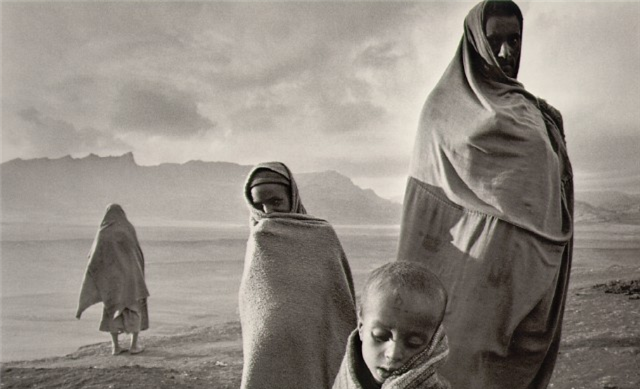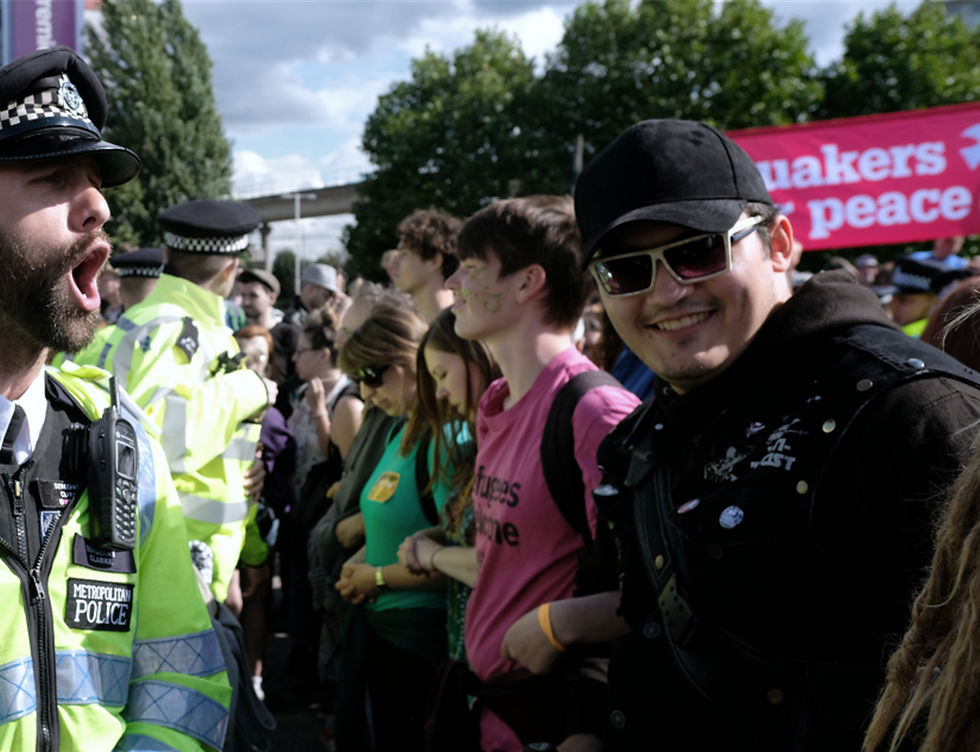- London Catholic Worker

- 28 minutes ago
Martin Newell reflects on the past, present, and future of the London Catholic Worker.

In May we celebrated the 92nd birthday of the Catholic Worker movement, launched as it was as a radical newspaper on May Day 1933. We also celebrated some other significant anniversaries that will pass this year: 25 years of the London Catholic Worker, 20 years of the Urban Table soup kitchen, and 15 years of Giuseppe Conlon House. Trying to see Christ in the least of his sisters and brothers who we welcome, and to advocate and witness in solidarity with them and others who are also the “crucified of today,” remains the animating and challenging force among us.
It might sound like an impressive story of continuous life, work, and witness. On the other hand, since I moved back into the house here, only one other person remains. Both guests and members of the live-in community that is the foundation of our life and work come and go. Like the human body that completely renews itself with new cells every seven years, the community here is a living organism. As I write, the Catholic Workers here are myself (Martin), Thomas, Moya, Harry, and James. Naomi will have joined us by the time you read this. I will have moved out nearby, but will still be working for the community at least part-time for the time being.
The newest good news is that Thomas and Moya have said they want to commit long-term. This is a real blessing. Deo Gratias! It is a gift from them, and a real commitment, because none of us are paid a wage. We give of ourselves freely in return for little more than subsistence living, and the joy and challenges that life in
community, in a house of hospitality, brings. Some of us are planning to move on in the next few months and others are expected to join us. And that is how it goes. But we look with hope for more who are willing to make that long-term commitment—even the “lifers” who may discern that this is the vocation that God has in mind for them.
Dorothy Day once wrote, “It really is a permanent revolution, this Catholic Worker movement of ours.”
She was adapting Trotsky’s call for a permanent revolution to the personalist idea that the Kingdom of God, or the revolution, is not so much something to be aimed at for the future, as something to be lived out each day, each moment. She saw in this movement an attempt to do that, to be a permanent ferment in society, bringing God’s love to bear on the critical issues of the day.
We are still trying to do that here. The constant changes mean that there is another way our community and our movement continue to be a permanent ferment. Life in the house here never ceases to change. Not only do people come and go, but the way we live and work and have our being here changes as well.
When we first moved to Giuseppe Conlon House in 2010, we spent a lot of time cleaning and fixing and
organising the place, and collecting what we needed from so many different places and people who gave us donations.
It did not always go straightforwardly. I remember borrowing a van to pick up two rolls of carpet we were offered. But the carpet rolls were about twice as long as the van, so we had to leave them behind. And we had perhaps our most difficult day when local councillors and governors from the school opposite came, thinking we were going to bring “disruptive elements” into the neighbourhood. And I guess we have—just not in the way they were thinking of.
We ran the basic night shelter in the hall for nearly five years. For the first three years we were also supporting our other works started a few years earlier: Dorothy Day House, Peters Community Café, and the Urban Table. The Urban Table is still going—20 years this year, now independent. After five years the community at the time had the imagination to re-organise the space here so that nearly all the 20 men staying in the shelter could have proper beds in proper bedrooms for the first time. But it was still a (more comfortable) night shelter, three and four to a room for the guests, and sometimes for short-term volunteers too.
Lots of activism came through the house too. In the early years, it was mostly Christian peace witness. Then there were women’s groups, refugee groups, and community groups. Later, pre-Covid, it was most notably Christian Climate Action, Extinction Rebellion, and Palestine Action, whose nonviolent resistance and civil disobedience all owe a debt of gratitude to the hospitality offered here, and the networking a community makes possible.
Now, we have twenty-five people staying here. Fifteen live in the communal house setting where nearly everyone has their own room—ten guests and five Catholic Workers. And since March, ten men have also been sleeping in the basic night shelter, back in the hall. The place is full and busy again. After the money spent, and the work done, on the extensive renovations of the last few years, the buildings look better and it is a better place to live.
The registration of Giuseppe Conlon House CIO as a charity gives the work of hospitality a more reliable foundation, and hopefully access to more resources. But visitors should not be fooled—it is only comfortable in comparison to how it was before. We are still dependent on community members and volunteers willing to make a personal sacrifice, work hard, and do what is needed, as well as generous donors of all kinds, for whom we also thank God, to keep body and soul together and the roof on! May we continue to allow ourselves to be inspired by the Holy Spirit, and may the Spirit too bring us not just what, but who, we need. Amen.




